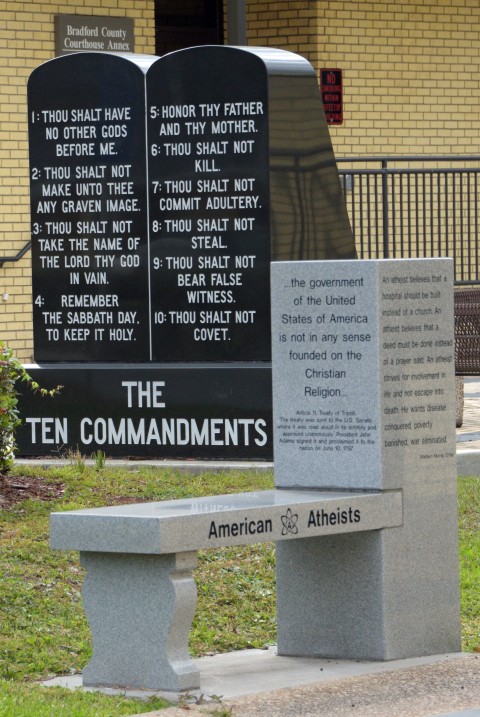What rules apply to everyone?
Our political discourse features strong convictions about moral obligations—and widespread uncertainty about where they come from.

Anyone observing contemporary political discussions would conclude that people of this nation believe firmly in moral absolutes. Town meetings and campus rallies resound with affirmations of what is right and morally binding on all.
For example, the director of the American Civil Liberties Union of Virginia was recently shouted down when she attempted to speak on First Amendment rights for students. Students walked to the front of the auditorium at the College of William and Mary shouting, “ACLU! You’d protect Hitler too!” Then the demonstrators chanted “Shame! Shame! Shame!” and the speaker was unable to continue. The demonstrators shut down the discussion because the ACLU had earlier defended the rights of white supremacists who attempted to rally in Charlottesville, Virginia. Those who on moral grounds had defended the freedom of others to express odious opinions were denied the right to speak by people who stood on different moral grounds. Two sets of moral imperatives collided.
On talk radio and in classrooms, the morality of abortion, gender-neutral rest rooms, environmental pollution, minimum pay, sexism, racism, taking a knee at football games during the singing of the national anthem, colonialism, and a host of other issues are hotly debated. Public discourse has become what columnist David Brooks referred to as “a free-form demolition derby of moral confrontation.”





